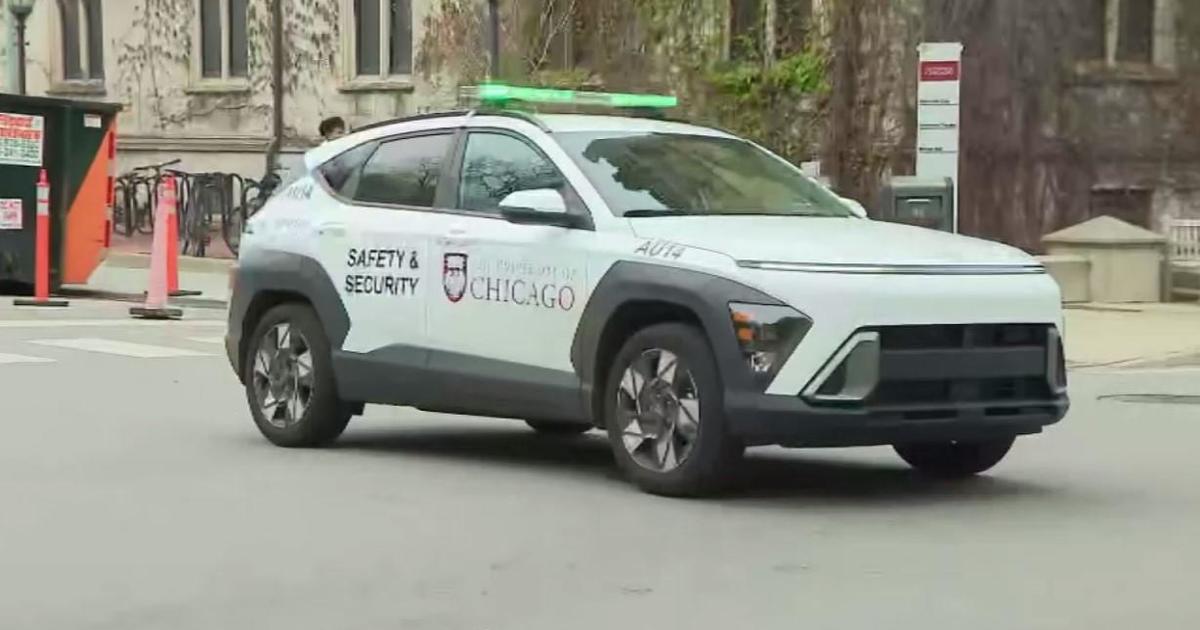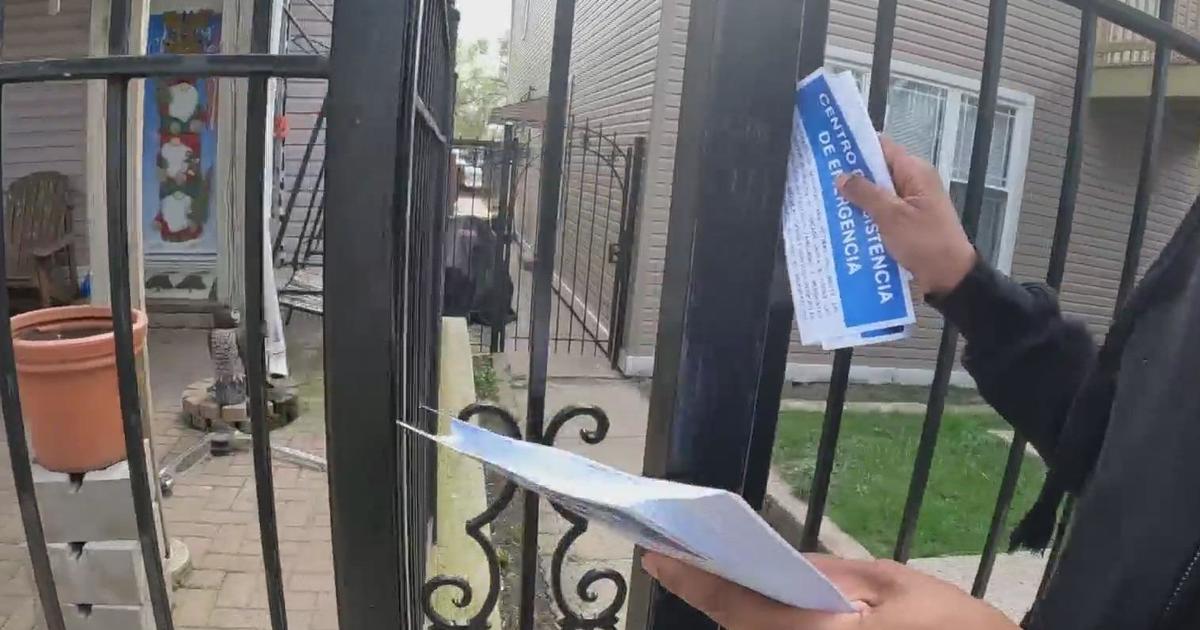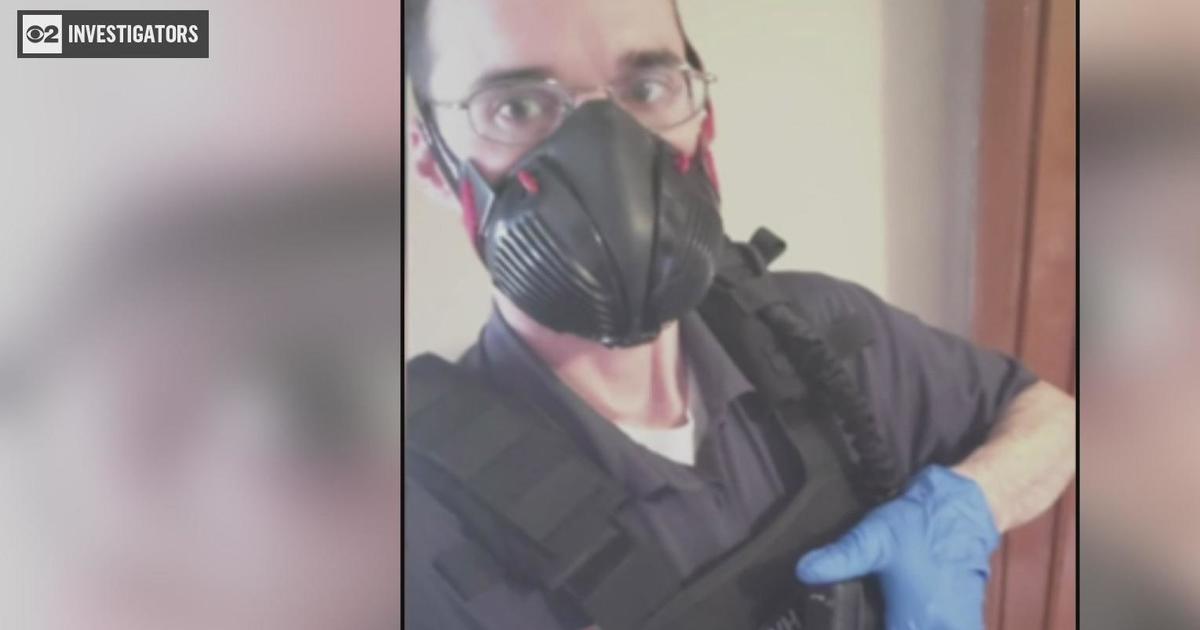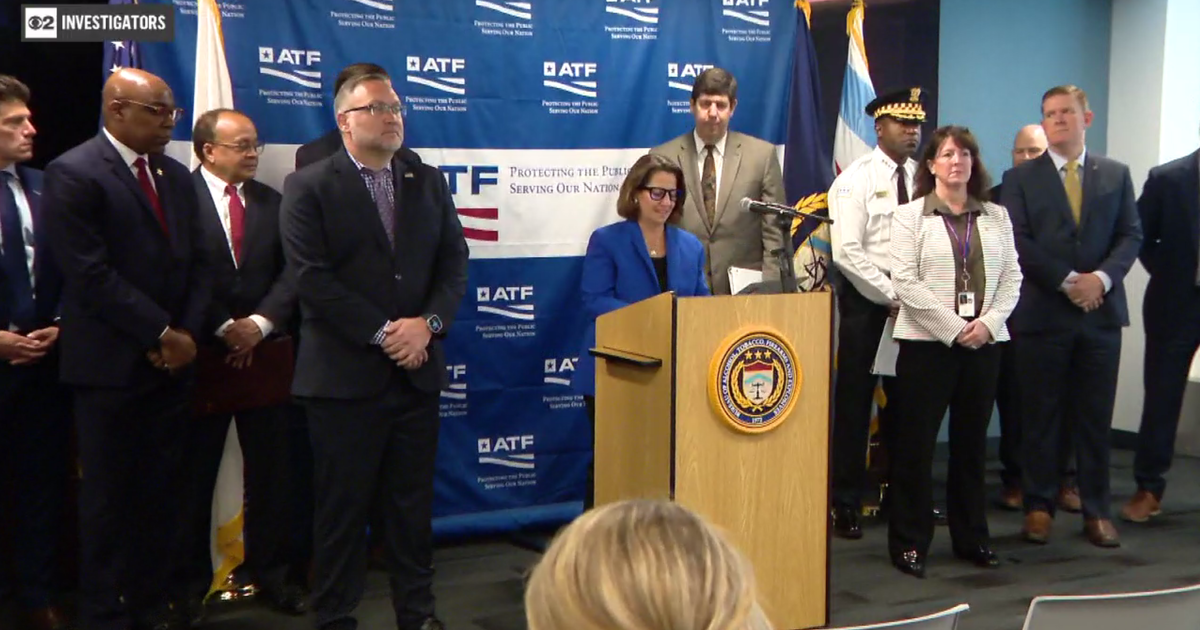ONLY ON 2: An Inside Look At Rush University Medical Center's Lab Investigating The Coronavirus And Its Variants
CHICAGO (CBS) -- Just over a month after a new variant of COVID-19 was first found in Chicago, the city has a new way to detect, monitor, and learn about it.
It is all thanks to a group of scientists at Rush University Medical Center. On Wednesday, CBS 2 Investigator Megan Hickey got an exclusive sneak peek at the action.
The lab at Rush is digging into many of the big questions - including which strains of the virus are spreading the fastest and where. Dr. Mary Hayden and her team of scientists at Rush have been working on testing for nearly a year.
She showed Hickey some "hot specimens" of COVID samples, and a state-of-the-art machine that can analyze dozens of them at once.
"We needed to really increase the volume of COVID testing we were doing," said Hayden, chief of the Division of Infectious Diseases at Rush.
But now, they are also going to be collecting positive samples from all over the city.
"It will reveal a unique pattern, a unique fingerprint of the virus that will then allow the city, in collaboration with the lab, to answer several important questions," Hayden said.
Rush was awarded a $3.5 million contract to create the Regional Innovative Public Health Laboratory, or RIPHL. Dr. Stefan Green, director of the Genomics and Microbiome Core Facility at Rush, is leading the project.
"We certainly want to know which strains are here," Green said.
Among the major topics the lab is investigating is virus variants and whether they turn out to be to blame for future outbreaks.
"We know that they're here, but are they driving the outbreaks that we see if we see infection rates rising?" Green said. "Are those associated with the variants, or are people just not wearing masks?"
The B.1.1.7 strain was first identified in the U.K. and was found in Chicago in January. There are also variants of concern in South Africa and Brazil that have spread elsewhere – including the United States.
The novel coronavirus constantly mutates like other viruses, though Green emphasized that it is mutating at a slower rate than viruses such as influenza.
Genomic sequencing is the method that will be used to detect which strains or variants of the coronavirus are spreading in Chicago, and can also monitor specific neighborhoods or populations.
The lab is also investigating vaccine effectiveness.
"If we start seeing infection after vaccination, we'll want to know if there's something different about the virus," Hayden said.
One question there is whether variants will "escape" the immunity that coronavirus vaccines provide, Rush said.
The lab will also investigate the topic of possible COVID reinfections.
"If you get COVID once, can you get reinfected - or was it just the same strain hanging out in your body, but it was at a low level?" Green said.
The lab will also delve into the origins of the novel coronavirus.
"How did we get to where we are now?" Green said.
Rush will be adding to their already massive stockpile of frozen COVID-19 samples.
"On the eighth floor of this building in a bunch of freezers," Green said.
The goal is to provide invaluable data about the spread of COVID-19 in the city of Chicago - and insight on how to stop it.
The data the scientists are gathering are shared publicly and could be used to tweak vaccines or other COVID-19 precautions over time.
Rush's new lab can also be used for surveilling other viruses in the future – when this global pandemic is finally over.



